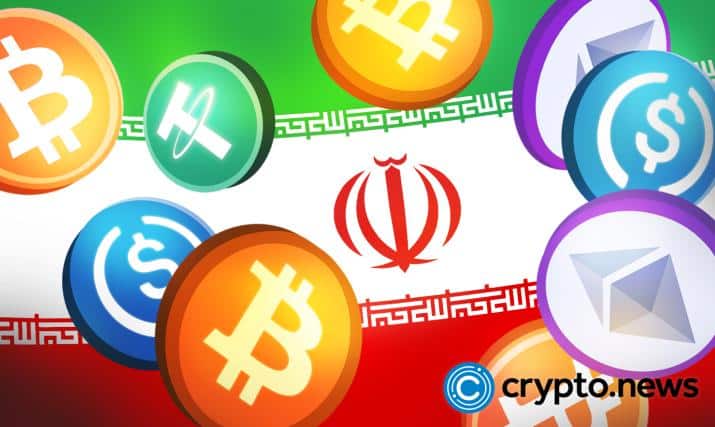Iran may freeze bank accounts of women who don’t comply with “Hijab rule”

Despite widespread protests around the nation, a member of the Iranian parliament has revealed the government’s plan for alternative sanctions, such as financial ones, to attempt and force women to wear a headscarf, or hijab, in public. Could such financial power need to be stripped from governments in favor of more self-custodial options like crypto?
Iran to sanction women who violate law
The acts of the morality police would be restrained under the new strategy, according to Hossein Jalali, a member of the Iranian Parliament‘s Cultural Commission, allowing for the adoption of less intrusive ways to ensure compliance.
According to Jalali, who was speaking in an interview with Iranian media, it is conceivable to send non-hijab wearers a text message informing them that they failed to follow the hijab norm and must obey the law.
He further stated that, following two warnings, the government would take action to block the offender’s bank account as a form of punishment. He omitted to explain how the authorities would identify those allegedly infringing on the hijab law.
After Mahsa Amini, 22, passed away while being held by the police, the issue ignited extensive nationwide demonstrations. The morality police apprehended a woman for reportedly not properly donning her hijab.
The government has used lethal force to quell one of the most severe challenges to the Islamic dictatorship since the 1979 revolution to quell the unrest that lasted almost three months.
Morality police have been less apparent in cities since the riots began. Even so, it’s unclear what will happen to them because the nation’s top prosecutor initially said over the weekend that he had shut down the notorious unit before retracting and claiming the Interior Ministry, which has control over the force, will make the final decision.
Crypto and CBDCs can co-exist
Dissidents and protesters have used crypto to continue accessing financial instruments in the past when governments have taken similar measures.
The country’s mandatory hijab rule should be enforced using new means, according to a morals police spokesperson who made the statement on December 5. However, the ministry has not made any comments on the matter.
Similar incidents occurred earlier this year in Canada, where Prime Minister Justin Trudeau invoked the Emergencies Act on February 15 to allow regulators to freeze participants’ bank accounts in the “Freedom Convoy” protests. The threat to freeze the accounts of protestors is similar to those earlier this year.
After the crowdfunding website GoFundMe withdrew the campaign from its website, some convoy protesters turned to cryptocurrencies as a means of financing the movement.
Iran has been creating the crypto rial, a Central Bank Digital Currency (CBDC) that it has been using in international trade transactions since August 9.
The threat by Iranian authorities to block bank accounts in order to enforce compliance once more brings to light the dangers of CBDCs and the shift to cashless economies. Nigeria attempted to force the populace to use its unpopular CBDC on December 6 by banning ATM withdrawals of more than $45 per day.
By contrast, government censorship cannot be applied to the transactions of decentralized cryptocurrencies, making them comparable to cash. CBDCs critic and the host of the well-known YouTube channel Wall Street Silver stated in a tweet on December 6 that the concept of governments having complete control over your money is unsettling.
Now, crypto enthusiasts can only seek to use self-custodial and decentralized options like Bitcoin as they watch what will happen in the near future.
















